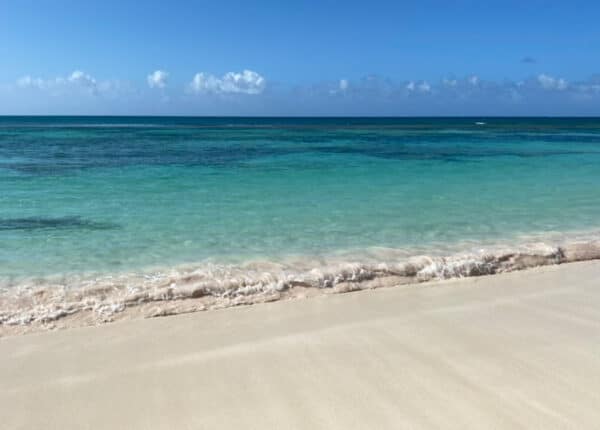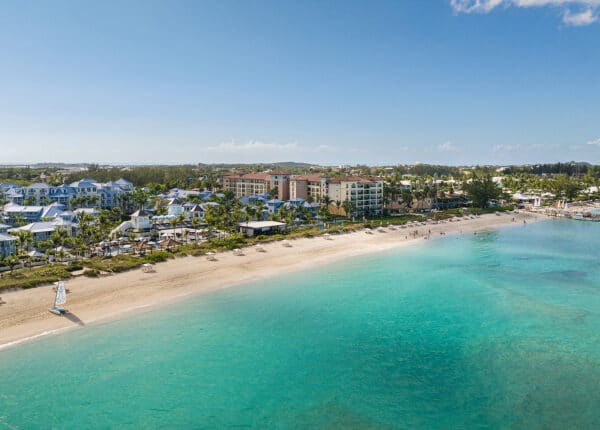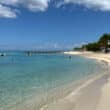Michael Edghill: Challenging the Caribbean Crime Narrative
By Michael W Edghill
CJ Contributor
OFTEN, once the narrative has been established, people simply view all events through the lens of that narrative.
Anything to the contrary is then viewed simply an aberration because actually contradicting the established narrative creates too much complexity.
Such narratives are often created for different classes of people and for economic systems.
People often desire simple answers to problems plaguing their society and politicians everywhere are eager to provide simplicity in a response or a solution that fits within their own political narrative and well as the overall narrative that has been accepted.
Likewise, narratives are often established for states by the repetition of the same theme over and over again until it is accepted.
The United States is the world’s bastion of freedom. China is efficient and ordered by way of an authoritarian state. Iran is dominated by religious zealots. For today’s Caribbean states, the narrative that has been established is that the Caribbean is violent and dangerous.
As with other narratives however, there is much more complexity that lies beneath this simple, surface-level explanation.
In fact, it could be that the narrative itself deserves to be challenged on its merits in order to create meaningful dialogue that gets at the source of the societal challenges that Caribbean states face.
Without diminishing the fact that violence is a problem for many states in the region, and with sympathy for those who have lost loved ones to such violence, an examination of the violent and dangerous narrative reveals some possible holes.
A comparison between the two most populous English-speaking Caribbean states (Jamaica and Trinidad & Tobago) and some of “most violent” American cities can be done using data from the year 2012.
For that year, the murder rate (which is measured as number of individuals murdered per 100,000 people in the population) in Trinidad & Tobago was 37.9.) For Jamaica, one 2012 estimate had the murder rate in the neighborhood of 41.
Those statistics are comparable, if not better, than five of the “most violent” major cities in the United States: Detroit (54.49), New Orleans (53.19), Oakland (31.79), St Louis (35.46), and Baltimore (34.85), according to estimates.
Yet no one would suggest that you not visit these cities because of how violent they are.
In fact, New Orleans thrives on tourism and is continually selected to host one of the largest sporting events in the world, the Super Bowl.
Perhaps that is because the narrative of New Orleans is that of a great party city and of a terrific city for culture and for cuisine.
The city fought very hard not to let its post-Katrina era rewrite the city’s narrative.
That is because it relies on this narrative to survive.
Simultaneously, most people that visit New Orleans are not blind to the crime problems that the city faces. They know, however, that there are simply certain neighborhoods that you may not visit, certain places you do not go after dark, and certain actions that you may or may not take.
The fact that these crime statistics have not changed the narrative for New Orleans allows it to continue to attract visitors and, more importantly, to attract investment and jobs.
The problem for Caribbean states is that the violent acts of the few have garnered front page coverage so often that they have rewritten the narrative of the Caribbean from islands that serve as a tourist paradise to the tourist paradise you go to only if you are brave enough.
The impact this has on job growth, investment, and development is that the tourists who are willing to travel to the Caribbean are so influenced by this narrative that they flock to the corporate owned, multi-million dollar, all-inclusive resorts.
This in large part deprives the small-business owning middle class the opportunity for their businesses to benefit from these tourist dollars.
To challenge the violence narrative in this way however also requires a challenge to the narratives that surround violence in the Caribbean.
The narratives that suggest that this violence must stem from either lack of opportunity (i.e. – high unemployment) or from something systemic in the culture. Starting with the former, using the same cities and countries as a comparison, there does not appear to be a direct correlation between unemployment and murder rate.
In Jamaica, where the murder rate was 41, unemployment was high at 14.3 percent, according to the World Bank.
In Trinidad & Tobago, while the murder rate was only slightly better at 37.9, the unemployment rate was much lower at 4.8 percent.
Comparatively, the aforementioned city of New Orleans with its high murder rate of 53.19 had an unemployment rate of 4.7 percent and was seeing strong job growth in 2012 as it continues to rebuild from Hurricane Katrina and recover from the economic recession.
Some might suggest that, rather than high unemployment, it is income inequality that creates the perceived higher rates of violence in the Caribbean and contributes to this narrative.
Counter to this suggestion, United States President Barack Obama himself has noted that income inequality is roughly the same between the United States and Jamaica.
If the narrative is going to be that the Caribbean is a more violent place than others, but neither unemployment nor income inequality are the culprits, then societal factors must be to blame.
Again, the evidence does not support this narrative.
If one looks at the murder rates of the two Caribbean states cited previously as well as the murder rates of the American cities cited previously and compares them with the murder rate of Miami, a city with one of the largest concentrations of members of the Caribbean Diaspora in the United States, it is found that the murder rate for Miami (16.65) is much lower.
All of this is not to say that violence is not a problem that must be dealt with by each Caribbean state.
It is, however, to suggest that the narrative of the Caribbean as a dangerous place is misguided.
If it is unwise and unfair to label an entire city as violent because of these statistics, then Caribbean states must fight having their entire country labeled as violent. More importantly, for investment, for development, and for societal morale, Caribbean politicians and government officials must be cognizant of this narrative and actively work to change it.
They must be watchful of the message that they convey and seek to help challenge the current narrative while addressing the serious challenges that exist.
While it is politically expedient to stand in outrage against the “rampant crime that plagues our society,” it does nothing to change the narrative for the Caribbean. And a change in the narrative is desperately needed if one hopes to continue to attract, not just tourists, but investment and development.







